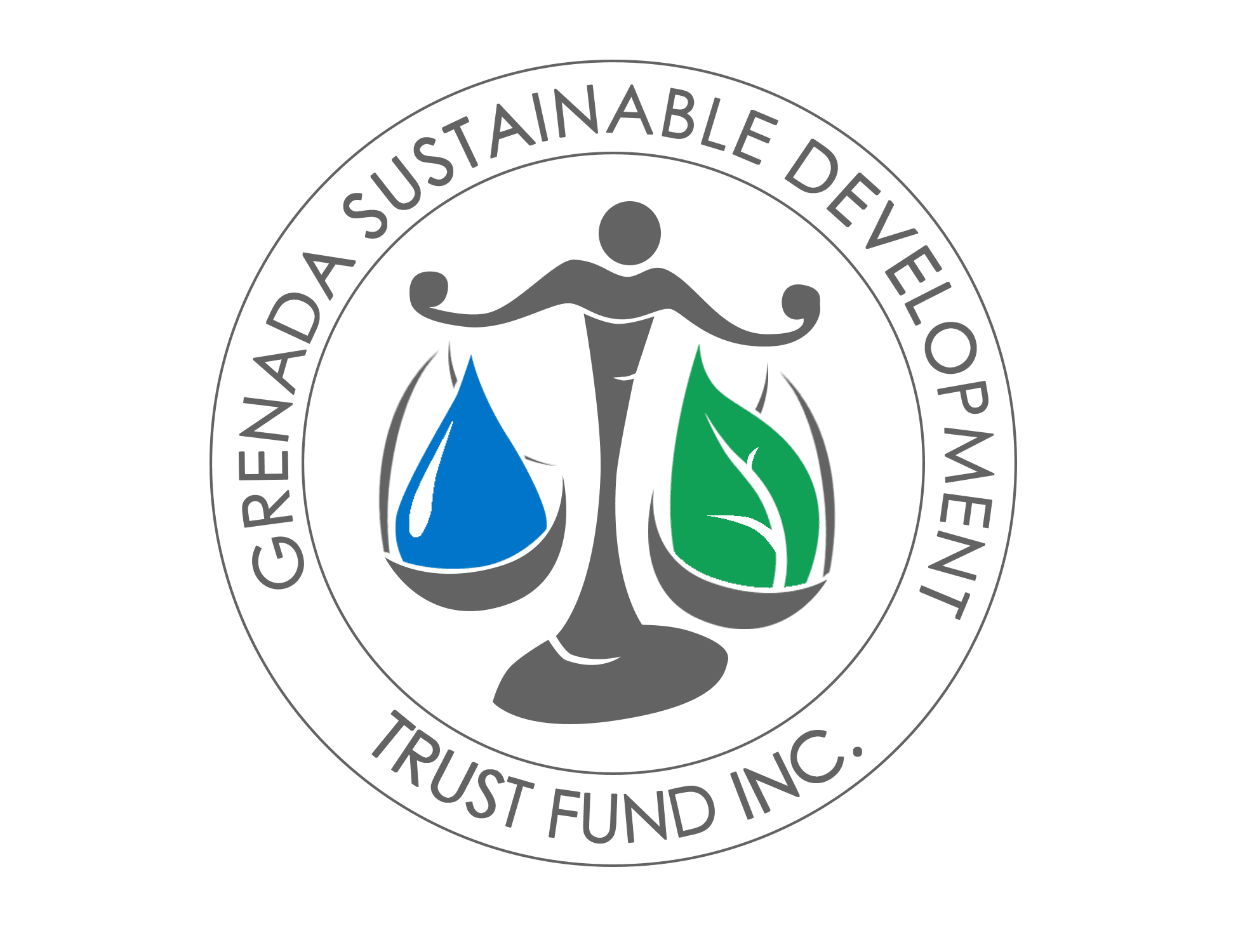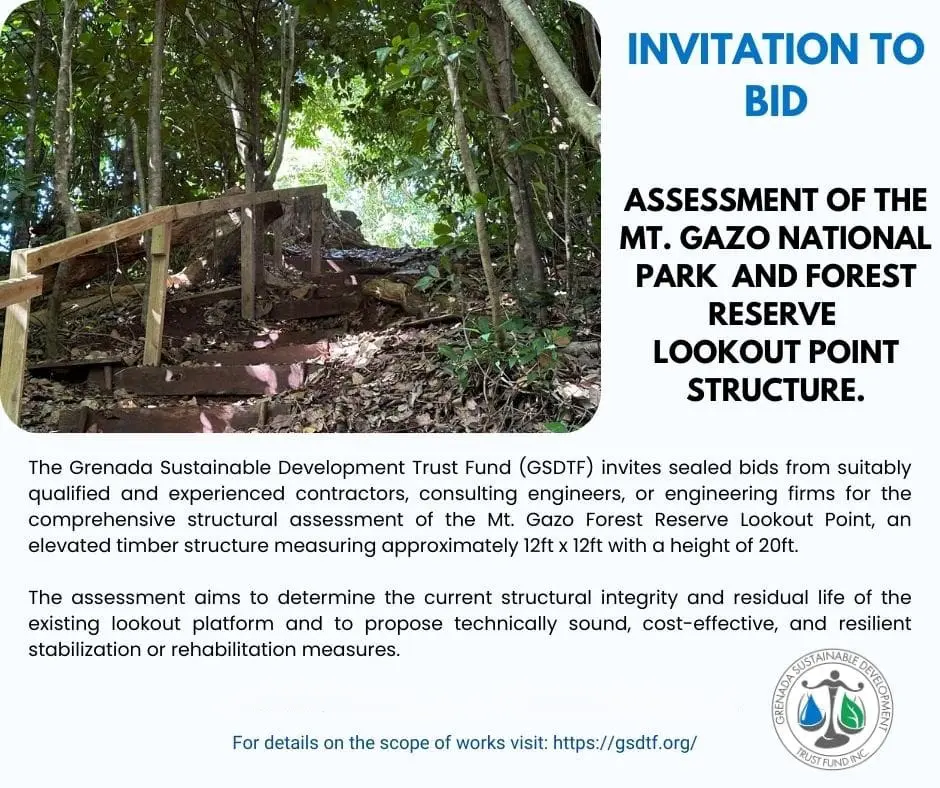Overview
This situational assessment, prepared by the Grenada Coral Reef Foundation (GCRF) for the Grenada Sustainable Development Trust Fund (GSDTF), evaluates the current status, challenges, and management needs of six marine protected areas (MPAs) in Grenada:
- Sandy Island Oyster Bed MPA (SIOBMPA) – Carriacou
- Moliniere Beausejour MPA (MBMPA) – Grenada
- Grand Anse MPA (GAMPA) – Grenada
- Woburn Clarkes Court Bay MPA (WCCBMPA) – Grenada
- Proposed Gouyave MPA (GoMPA) – Grenada
- Proposed Levera Marine Management Area (LMMA) – Grenada
The report highlights a severe decline in management capacity since 2016, with most MPAs understaffed, underfunded, and lacking effective governance.
Key Findings
1. Management & Governance
- Most MPAs lack active management, patrols, and enforcement.
- Stakeholder advisory committees are inactive or dissolved.
- The national MPA Unit within the Fisheries Division is severely understaffed (only 2 data clerks remain).
- Management plans are outdated, not formally approved, or not implemented.
2. Biophysical Health
- Coral reef health is generally “Good” to “Fair” in most MPAs, but:
- Herbivorous and commercially important fish biomass is often “Poor” or “Critical”.
- Diadema (sea urchin) densities are very low.
- Macroalgae cover is increasing in some areas, threatening coral recovery.
- Key threats include: overfishing, pollution, coastal development, anchoring damage, and climate change impacts (bleaching, disease).
3. Infrastructure & Equipment
- Most MPAs lack adequate offices, patrol vessels, vehicles, dive gear, buoys, and monitoring equipment.
- Existing infrastructure is often degraded, lost, or poorly maintained.
4. Public Awareness & Signage
- Limited to no ongoing public education or outreach.
- Signage is missing, outdated, or never installed.
5. Livelihoods & Stakeholder Engagement
- Fishers feel disproportionately impacted by MPAs and report a lack of consultation.
- Limited alternative livelihood options are available for displaced fishers.
- Stakeholders express frustration with enforcement bias and lack of transparency.
6. Financing
- No MPA has a dedicated financial sustainability plan.
- User fees are outdated, poorly collected, and insufficient to cover operational costs.
- Most MPAs rely on short-term project funding.
Cross-Cutting Recommendations
1. Governance & Management
- Re-establish and legally formalize Stakeholder Advisory Committees for each MPA.
- Recruit and train staff for the national MPA Unit and site-specific roles (managers, rangers, biologists, education officers).
- Update and formalize management plans through stakeholder consultation.
- Consider establishing a Grenada Marine Protected Areas Management Authority (GMPAMA) as a statutory body for better oversight and funding.
2. Biophysical Monitoring & Restoration
- Implement standardised biophysical monitoring (coral, seagrass, mangrove, water quality).
- Re-establish coral restoration programs, especially for Acroporid species.
- Conduct socioeconomic monitoring (SocMon) to assess community impacts and needs.
3. Infrastructure & Enforcement
- Provide adequate offices, patrol boats, vehicles, and equipment.
- Install and maintain demarcation buoys, moorings, and signage.
- Issue uniforms and ID cards to rangers for professionalism and authority.
4. Public Awareness
- Develop and implement public awareness campaigns.
- Install educational billboards and signage at key locations.
- Resume school and community outreach programs.
5. Livelihoods
- Develop alternative livelihood programs for fishers (e.g., FADs, tour guiding, seamoss farming).
- Provide training and grants for fishers to transition to tourism or sustainable fishing.
6. Financing
- Review and update user fee structures to align with regional standards.
- Explore digital payment systems for efficient fee collection.
- Develop financial sustainability plans for each MPA.
MPA-Specific Highlights
- SIOBMPA: Only MPA under active management (by the Ministry of Carriacou). Needs boundary finalisation and stakeholder re-engagement.
- MBMPA: Once fully operational, now dormant. Needs recommissioning of staff and infrastructure.
- GAMPA: Gazetted but never managed. Complex zoning plan requires stakeholder review.
- WCCBMPA: Gazetted but never managed. High potential for user conflict; needs zoning and stakeholder buy-in.
- GoMPA: Not gazetted; strong local fisher involvement. Needs formal designation and a co-management agreement.
- LMMA: Not gazetted; includes Ramsar wetland. Requires designation and community support.
Conclusion
The Grenada MPA network is at a critical juncture. Without urgent investment in governance, staffing, funding, and community engagement, the ecological and socioeconomic benefits of these MPAs will continue to decline. The recommendations provided offer a roadmap for short- and long-term interventions to restore and enhance MPA effectiveness across Grenada.

